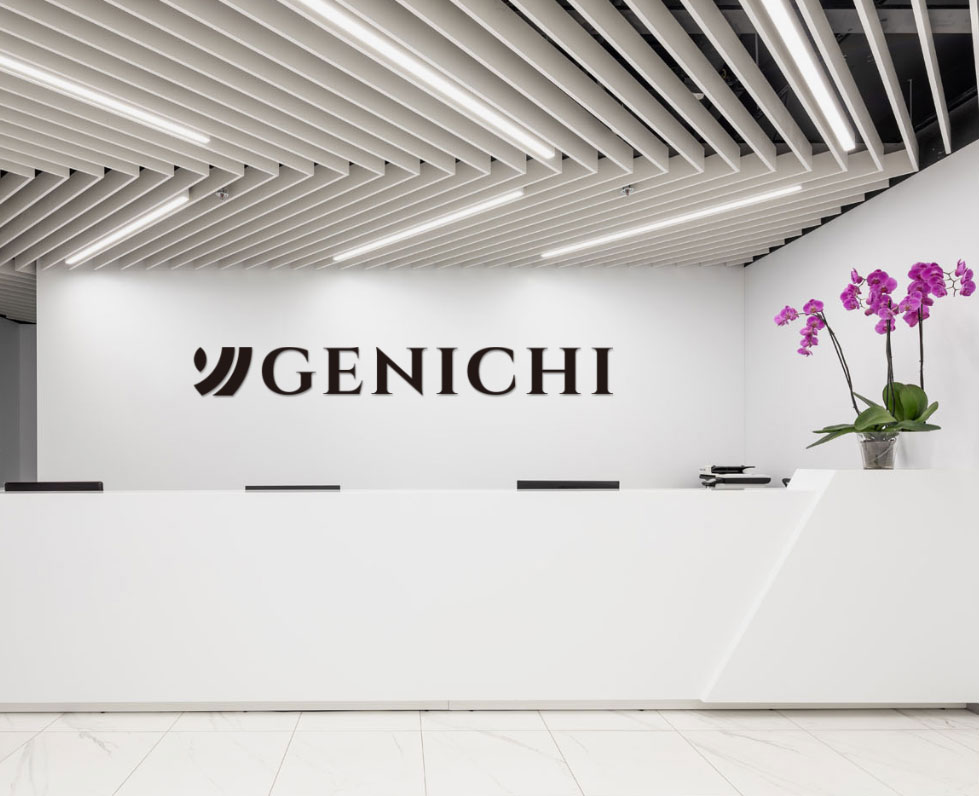Why Wooden Hangers Are Ideal for Specific Clothing Types Wooden hangers are widely recognized for their strength, durability, and ability to maintain ...
READ MORE
Specializing in the production, manufacturing and sales of bamboo and wood daily necessities for many years.
Genichi Home & Life Essentials is China Bamboo Bowl And Chopstick Rest Manufacturers and Bamboo Bowl And Chopstick Rest Factory, we have the ability to design, produce and sell products independently.
Support the production and customization of small batch products.


Why Wooden Hangers Are Ideal for Specific Clothing Types Wooden hangers are widely recognized for their strength, durability, and ability to maintain ...
READ MOREThe Rise of Smart Household Items in Modern Homes Smart homes are no longer limited to luxury properties or technology enthusiasts. With the increasin...
READ MOREIntroduction to Bamboo Coasters Bamboo coasters are eco-friendly and durable accessories designed to protect surfaces from heat, moisture, and scratch...
READ MOREIntroduction to Smart Household Items Smart household items have revolutionized modern living by combining technology with everyday home tasks. From a...
READ MOREThe Rise of Convenience in Everyday Oral Care Oral care routines are increasingly shaped by convenience, portability, and hygiene awareness. As consum...
READ MOREBamboo is a highly renewable and biodegradable material, and in many cases, bamboo products can be recycled or composted at the end of their lifespan. However, whether or not the Bamboo Bowl and Chopstick Rest can be recycled depends on a few factors:
Treatment of the Bamboo: If the bamboo has been treated with chemicals or coatings that prevent decomposition or recycling, it may not be suitable for recycling or composting.
Additional Materials: If the Bamboo Bowl and Chopstick Rest contain other materials such as adhesives, varnishes, or metal components, these may need to be separated before recycling.
Local Recycling Facilities: Recycling capabilities vary depending on your location and the facilities available in your area. Some recycling centers may accept bamboo products, while others may not have the capability to process them.
It's always best to check with your local recycling facility or waste management authority to determine the proper disposal method for bamboo products in your area. Additionally, if the Bamboo Bowl and Chopstick Rest are labeled as biodegradable or compostable, they may be suitable for composting in a home composting system or industrial composting facility.
Ensuring that the Bamboo Bowl and Chopstick Rest meet food safety standards is crucial for their usability in food-related contexts.
Material Composition: Bamboo is generally considered safe for food contact, but it's essential to ensure that no harmful chemicals or contaminants are present in the bamboo or any coatings used on the products. The materials should be free from substances like BPA (Bisphenol A) or phthalates, which can leach into food and pose health risks.
Production Process: The manufacturing process of the Bamboo Bowl and Chopstick Rest should adhere to strict hygiene and quality standards to prevent contamination. This includes ensuring that equipment used in production is clean and sanitized, and that proper handling procedures are followed to minimize the risk of contamination.
Regulatory Compliance: Depending on the region or country where the products are sold, they may need to comply with specific food safety regulations and standards set by relevant authorities. This could include certifications such as FDA (Food and Drug Administration) approval in the United States or similar regulatory approvals in other countries.
Testing and Certification: Manufacturers may conduct tests to assess the safety of the Bamboo Bowl and Chopstick Rest, including tests for migration of harmful substances, resistance to high temperatures, and overall durability. Certification from reputable organizations or independent testing laboratories can provide assurance of compliance with food safety standards.